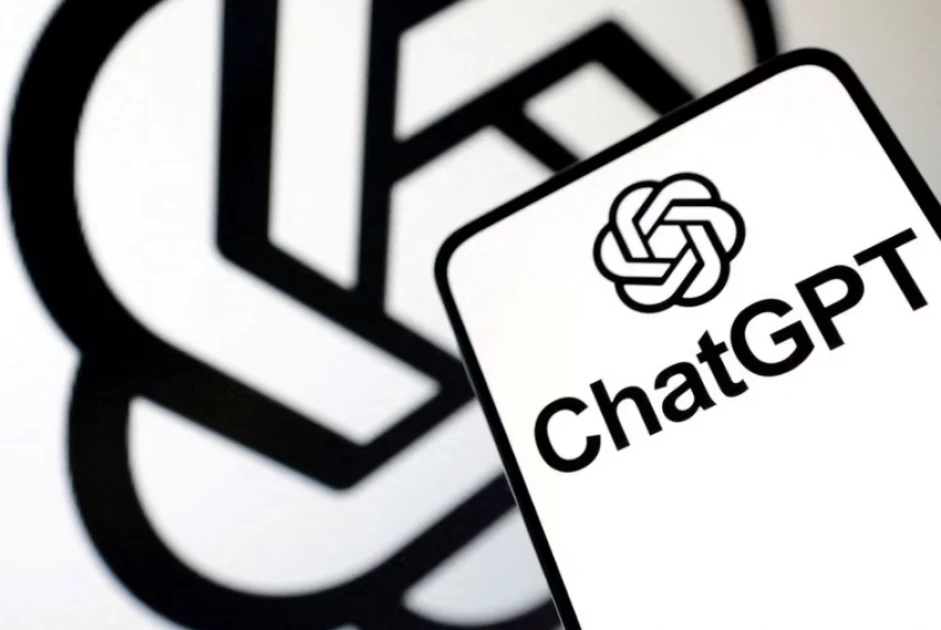The rise of ChatGPT, and its impact on Kenyan learners

ChatGPT logo is seen in this illustration taken, February 3, 2023. REUTERS/Dado Ruvic/Illustration/File Photo

Audio By Vocalize
By Esther
Kitengele
ChatGPT is an
artificial intelligence (AI) program that provides quick, well formulated
answers to a variety of questions. The impact of this tool on education and
research has grabbed the attention of Kenyans, hence the need to keep students
and staff informed about its use in various institutions.
The program’s
language model has the ability to generate human-like texts, and has shown
remarkable results in tasks such as language translation and summarization. It’s
no wonder that educators and students are exploring the potential of ChatGPT in
classrooms.
Students from
various universities stated that in some situations they are allowed to use the
program, and that sometimes they’re advised not to rely on it fully as it may
not entirely incorporate them while learning.
“Our lecturers
know that some of us use ChatGPT, it is useful and at the same time can make
one lazy; try your level best to use it effectively,” Samantha Githinji, a
university student, told Citizen Digital.
Another student, Lewis
Kimani, was enlightened about ChatGPT by a friend who uses it majorly on online
academic and article writing.
“Since I learnt
about the program, I haven’t been struggling so much when doing my assignments
as I just pose a question to it and it brings an outline of what I need,” he
said.
“It does not give
room for students to think for themselves, our lecturers do not approve of it,
I would not recommend the program for someone in school, but in situations
where students look for a means to earn something extra like article writing, I
would recommend it to be used.”
ChatGPT has
brought a storm of hype and fright to the education system in Kenya. The question
is, how can schools thrive in this climate of fear?
Robi Koki, a
lecturer at the United States International University - Africa (USIU-A) stated
that the emergence of technology into the Kenyan education system should be
embraced as it is the way to go in the near future.
“With online
learning and integration of e-learning, we have been advised to integrate
technology to support learning tools in the class. In USIU-Africa we’re
embracing the blended approach where we have sessions that are face-to-face and
others that are online; the undergraduates prefer face-to-face engagement while
the others prefer the approach where some days we are together and others we
are online,” said Ms Koki.
Some parents claim
that such programs will give rise to laziness and, over time, make students
lose the ability to think out of the box and generate original ideas. In other
words, they said, overdependence on such programs as ChatGPT will only
transform students into couch potatoes.
“As a parent, I do
not advocate for our children in schools to continue or embrace the program as
they will not be able to carry out their assignments by themselves and improve
on their studies, such programs are prompting our children to become slothful
when undertaking their class work,” added Ms. Koki.
In as much as ChatGPT
provides instant feedback for students and improves their writing skills, most educators
advocate that such programs should not replace a teacher’s lesson.
They claim that it
can serve as a practice tool for teachers to use in the classroom and a way to
switch it up, hence providing something new to the students.
According to research,
OpensAI’s wildly popular chatbot ChatGPT is expected to sweep up about 4.8
million jobs in the United States.
It is already
popular in areas such as customer service, jobs done by translators and
interpreters, technical writers, copywriters, and data entry clerks.
The AI chatbot
could see itself entering fields such as Data Science, Machine Learning,
Mathematics, Statistics, Computer Science, Robotics, Automation, and Business.
Generative AI and
advances in artificial intelligence may result in even more powerful digital
minds that no one, not even their creators, can understand, predict or reliably
control.


Leave a Comment